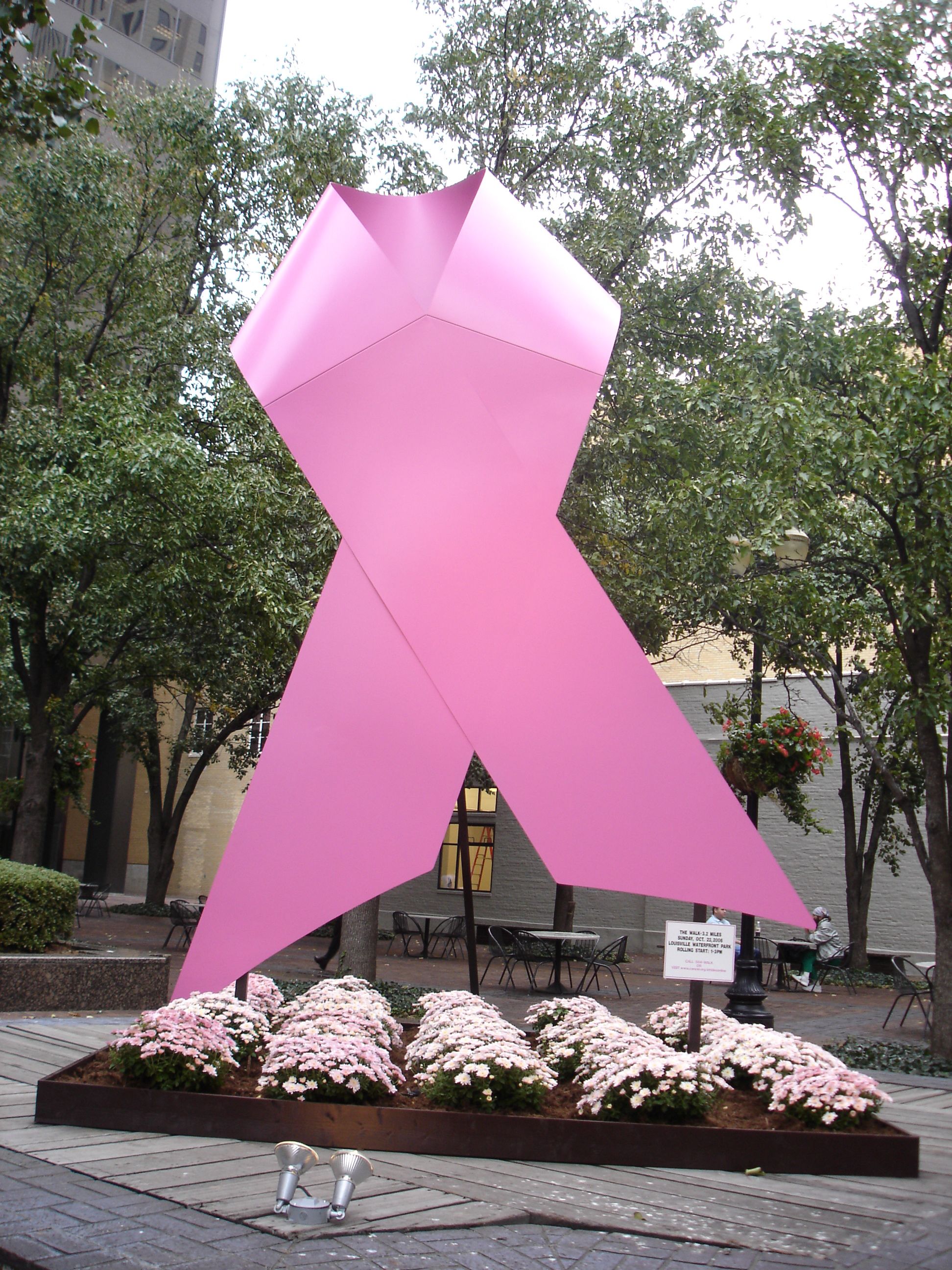
by Dr. Michael Murray | Jul 22, 2016 | Womens Health
Although hot flashes get a lot more attention, another common symptom during menopause is an increased feeling of anxiety. In general, anxiety is twice as common in women than in men. During menopause as well as the time just prior (perimenopause), anxiety in women is...

by Dr. Michael Murray | Jul 6, 2016 | Womens Health
Dealing with fibrocystic breast disease reduces the risk for breast cancer. Breast cancer is a major fear for many women these days. The fear comes from the fact that many have watched someone close to them succumb to this disease and/or its treatment. Fortunately,...

by Dr. Michael Murray | Jun 13, 2016 | Womens Health
Uterine fibroids are bundles of smooth muscle and connective tissue that can be as small as a pea or as large as a grapefruit. Although they are sometimes called “tumors,” fibroids are not cancerous. However, because they disrupt the blood vessels and glands in the...

by Dr. Michael Murray | Oct 27, 2015 | Womens Health
Introduction: Excessive menstrual bleeding, or menorrhagia, is a common female complaint that may be entirely prevented by a simple herbal prescription – capsules of ginger. The chief cause of functional menorrhagia (i.e., not caused by the presence of uterine...

by Dr. Michael Murray | Mar 17, 2014 | Womens Health
Think PMS is a normal part of being a woman? It doesn’t have to be! You can feel better—less moody, bloated, and fatigued, for example—by trying a few select nutrients Premenstrual syndrome (PMS)—a recurrent condition that develops 7-14 days before...

by Dr. Michael Murray | Jan 30, 2013 | Womens Health
Strawberries and blueberries are rich sources of beneficial plant pigments known as flavonoids. In particular, these berries provide specific types of flavonoids known as anthocyanins, which provide exceptional protection against damage to the lining of blood...









